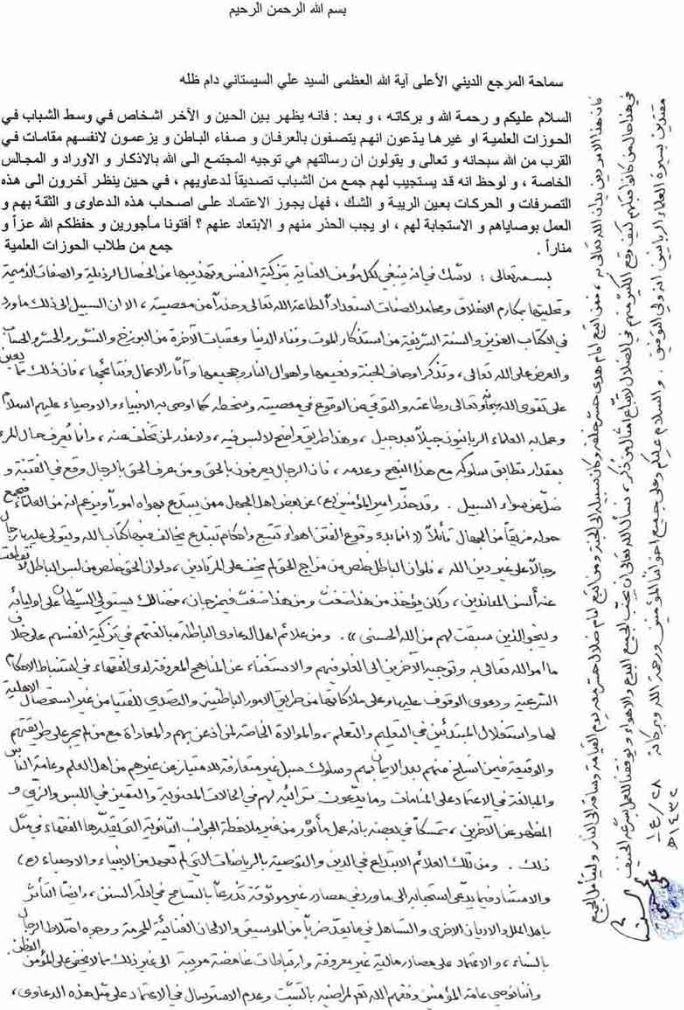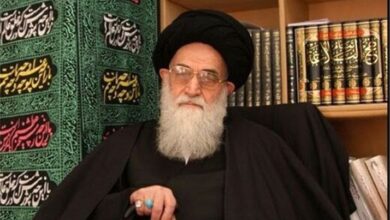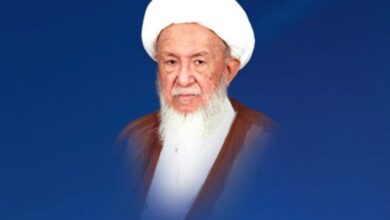Question: Respected Marjaʼ Ayatullāh al-Udhmā Sayyid Ali al-Sistani Dāma Dhilluh,
As-Salāmu ʿalaykum wa Rahmatullāhi wa Barakātuh.
From time to time we come across some characters amongst the youth in the institutes of higher religious learning (Hawzāt al-ʿilmiyya) and other places, who claim to be endowed with ʿIrfan and inner purity, and they allege to have attained certain levels of nearness to Allāh, the Glorified and Most High. They say that their mission is turning the community towards Allāh through certain recitations (adhkār), incantations (awrād) and special gatherings. And it has been noticed that a group of youths might respond to their calls by believing their claims while others view this conduct and these movement with doubt and suspicion. So is it permissible to (accept and) rely on the people who make these claims and to trust them, and to act upon their advice and respond to them? Or is it neccessary to be cautious of them and keep a distance from them? Please give us your fatwa – your reward will be great; and may Allāh protect you with honour and illumination.
A group of students from the Hawza ʿIlmiyya
Answer:
In His Name, the Most High.
There is no doubt that every believer should be concerned with purifying the soul and refining it from lowly traits and blameworthy attributes, and adorning it with lofty morals and praiseworthy attributes in preparation for obedience to Allāh, the Most High, and in refraining from His disobedience. However, the path to this is what has been mentioned in the Glorious Book (The Qur’an) and the Noble Sunnah, from the remembrance of death to (recalling) the evanescence of this world and the difficulties of the hereafter, including Barzakh, the Resurrection, the Assemblage (on the Day of Judgment), the Accounting (of deeds) up to being presented in front of Allāh, the Most High, and remembering the attributes of Paradise and its bounties and the horrors of Hell and its inferno, and the outcomes of (one’s) deeds and their results, for indeed this helps in being God wary, Glorified and Most High is He, and obedient to Him and to safeguard oneself from falling into sin and (facing) His wrath, just as the Prophets and the Vicegerents (peace be upon them all) have advised, and what the godly scholars have acted upon, generation after generation. And this path is clear with no dubiosity, and there is no excuse for the one who turns away from it. The only way that the state of a person is known is by seeing how much his conduct conforms with this course and how much it doesn’t. For indeed men are gauged by (their conformity with) the truth, and whoever gauges the truth by (the acts of) men falls into Fitna and strays from the right path.
Amīrul Muʼminīn (ʿa) had warned against one of the ignorant people from among those who innovated things based on their desire and who claimed to be one of the learned scholars so he gathered a group (of followers) around himself, saying: “The only things that give rise to disturbances (Fitnas) are the base desires that are acted upon and the commandments that are innovated. By these the Book of Allāh is opposed and people gain mastery over others through that which is against the religion of Allāh. For if wrong had been pure and unmixed with truth it would not be hidden from those who are in search of it. And if right had been pure without admixture of wrong those who stubbornly resist it would have been silenced. What is done, however, is that something is taken from here and something from there and the two are mixed. At this point Satan overpowers his friends and only those for whom virtue has been appointed by Allāh beforehand, (manage to) escape.” (1)
Among the signs of people who make claims which are false is their exaggeration with regards to purification of the soul in contravention to what Allāh has commanded, and directing others towards the extremism in them, and feeling no need to follow the well known methods employed by the jurists in deriving religious rulings, and their claim of arriving at these laws and at the basis (milākāt) of religious rulings through esoteric means, and their issuing religious verdicts without having acquired the competence (to do so), and the taking advantage of beginners in teaching and learning, and having a special attachment to those who submit to them and an enmity with those who do not follow their way, and their slandering of the one who detaches himself from them after having believed in them, and their adopting ways that are not conventional in order to set themselves apart from the people of knowledge and the lay people. And their exaggeration in dependence on dreams and what they claim to have perceived in (certain) spiritual states. And their differentiation from others in their form of dress, attire and appearance, (and their) justifying this by saying that this is something that has been mentioned in the traditions, without taking into consideration the secondary implications which are considered by the jurists in such matters.
And among these signs is (bringing about) innovation in religion and recommending certain exercises that have not been promoted by the Prophets and the Vicegerents (peace be upon them all), and basing their claim of something being recommended (mustahab) on unreliable sources using the excuse of ‘al-tasāmuh fi adillat al-sunan’ (2), and also being influenced by the people of other traditions and religions. And being tolerant of what is considered to be a kind of music and musical tune (and/or form of singing) that is prohibited. And of certain types of inter-mingling between the (non- mahram) men and women, and reliance on financial sources that are not known, and having ambiguous and doubtful affiliations and other such things that a discerning believer does not engage in.
And indeed we advise all the believers, may Allāh grant them success to attain His pleasure and remain steadfast, and not to allow themselves to easily trust these types of claims, for indeed this matter is a debt that is owed to Allāh, so whoever follows a leader of (true) guidance will be resurrected behind him and his path leads to Paradise, and whoever follows a leader of misguidance will be raised with him on the Day of Judgment and he will drive him into the fire of Hell. And let everyone who is in this situation ponder over the condition of those who came before them and how they fell into misguidance because of their following the likes of the afore-mentioned. We pray to Allāh to keep everyone away from innovation and base desires, and to make us successful in following His true ordinances in emulating the course of the godly scholars (al-ulamāʼ al-rabbāniyyun), for indeed He is the Master of Success. And peace be unto you and all the brothers in faith, and the Mercy and Blessings of Allāh.
28th Rabiʼ al-Awwal 1432 AH
Signed: Sayyid Ali al-Hussaini al-Sistāni

Footnotes: (1) Khutba no. 50 of Nahj al-Balāgha; (2) A concept of the principles of jurisprudence (usul) wherein it is argued that one can act upon weak narrations when it comes to recommended actions (mustahabbāt).
Source: إستفتاء حول العرفان



